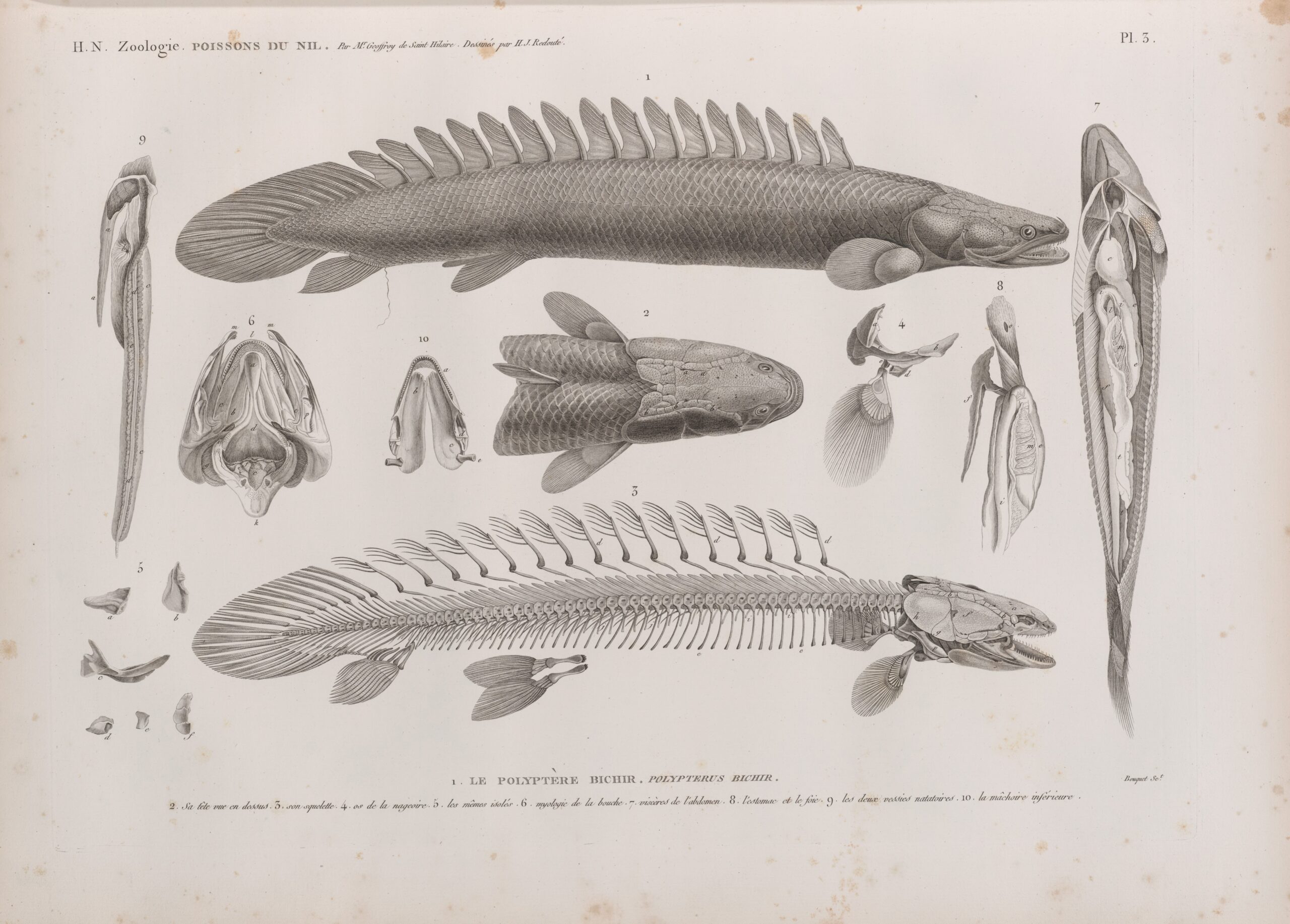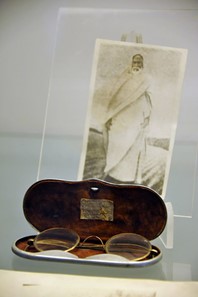Rolando Minuti, “Provence africaine”. Natural Science and Ideology of the Mediterranean
In his reports, in the Annales du Museum national d'histoire naturelle (1802), of the results of his zoological research following Bonaparte's expedition in Egypt, there was no hiding Geoffroy Saint-Hilaire’s great satisfaction. The mere discovery of the Polypterus bichir, he wrote, "would make up for all the effort that a long-distance journey usually entails." It was indeed an important discovery, one of several made by Geoffroy during his scientific journey. The study of the anatomy of this unique fish gave a substantial contribution to his thesis about the anatomic evolution of the species; it was also particularly interesting as living evidence of the ancient Egyptians’ "fish of the Nile", whose theogony Geoffroy investigated in another memoir in the same year. (Fig. 1) Fig. 1 Description de l'Égypte, ou, Recueil des observations et des recherches qui ont été faites en Égypte pendant l'expédition de l'armée française. Histoire naturelle. Planches, tom I, Paris, De l'Imprimerie Imperiale, 1809. https://digitalcollections.nypl.org/items/510d47e0-bdc0-a3d9-e040-e00a18064a99 But there was also another and more general reason for Geoffroy's enthusiasm in describing his zoological discovery. In effect, these discoveries were also a [...]




